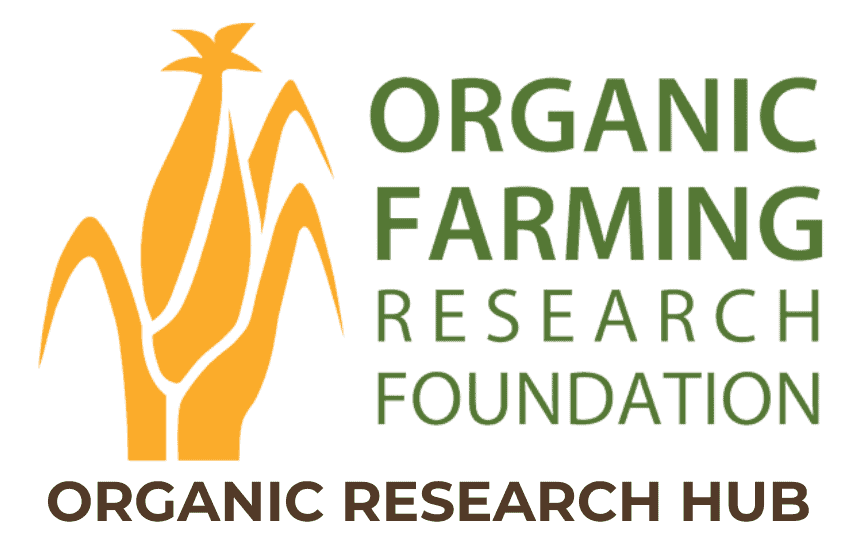Controlling weeds using propane generated flame and steam treatments in crop and non croplands
Thaddeus Gourd, Colorado State University Cooperative Extension

The purpose of this study is to examine if thermal treatment of weeds will provide effective control on an established certified organic farm and whether steam treatment of crops and field borders in the spring, summer and fall can reduce annual, biennial and perennial weeds common along the Colorado Front Range. A flame treatment will be compared to a steam treatment efficacy for the control of weeds and insects in alfalfa. Also, steam treatment weed control will be investigated for use in noncropland applications such as irrigation ditch banks, irrigation pipes, and walkways between beds, edges of the beds, and roadsides. Following are the main objectives of this study:
1. Research the effectiveness of timing of steam or flame treatments for annual, biennial and perennial weed control in organic crops.
2. Research the effectiveness of timing of steam and flame treatments for annual, biennial and perennial weed control in non-cropland areas.
3. Determine the economics of flame and steam applications.
4. Produce a video, brochure, web site and field day to assist with technical transfer of this research-based information to organic farmers and growers interested in making the transition to organic production systems.
Region
Plains
Topic
Weed Management
Category
Vegetables/Fruits, Hay and Pasture, Tree and Vine Crops
Date Range
2001-2010
Funding Amount
$7,470
Funding Year
2002Location
Brighton, Colorado
Collaborators
Tim Ferrell, Berry Patch Farms Certified Organic Pick Your Own Farm Market



